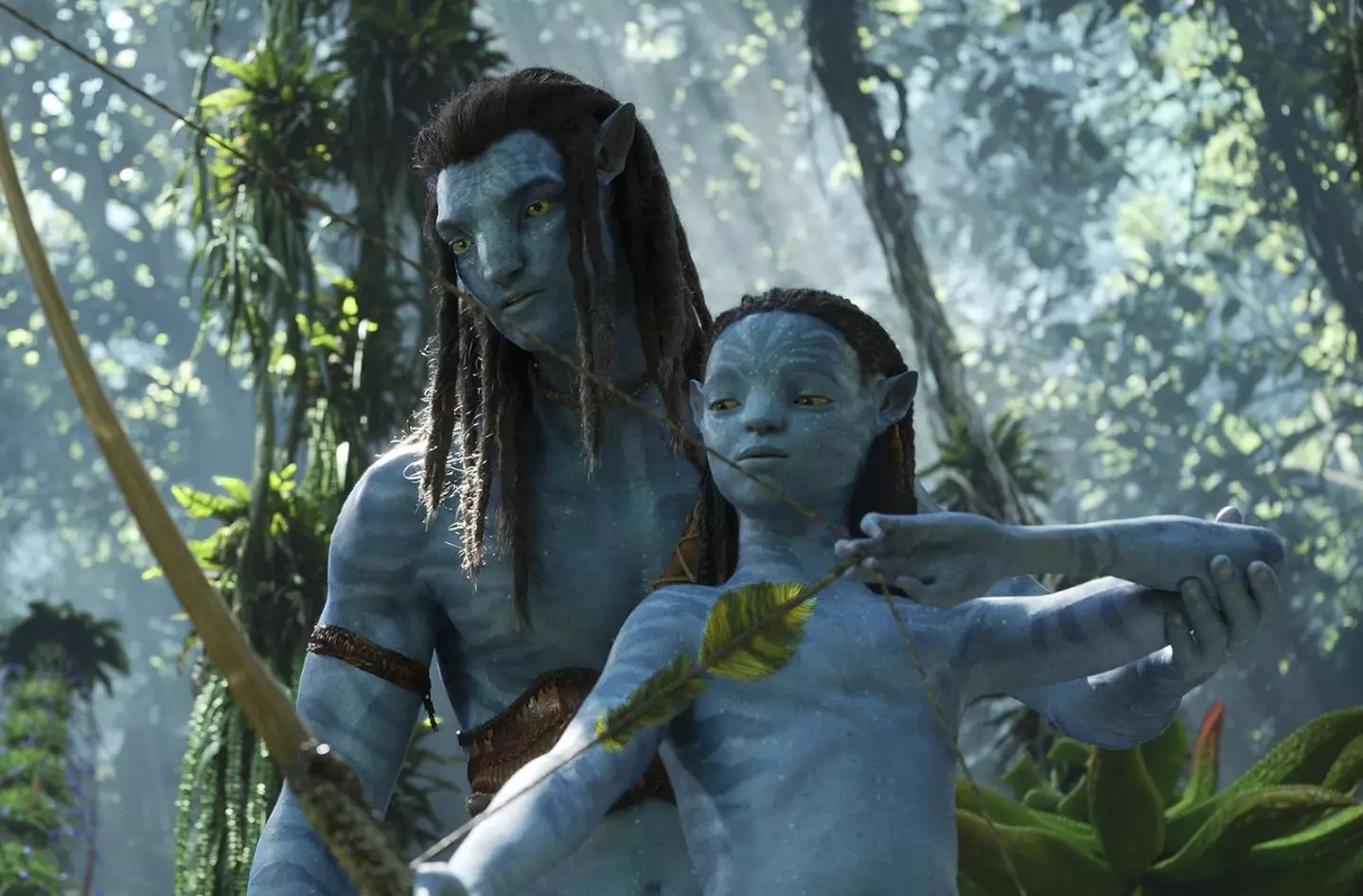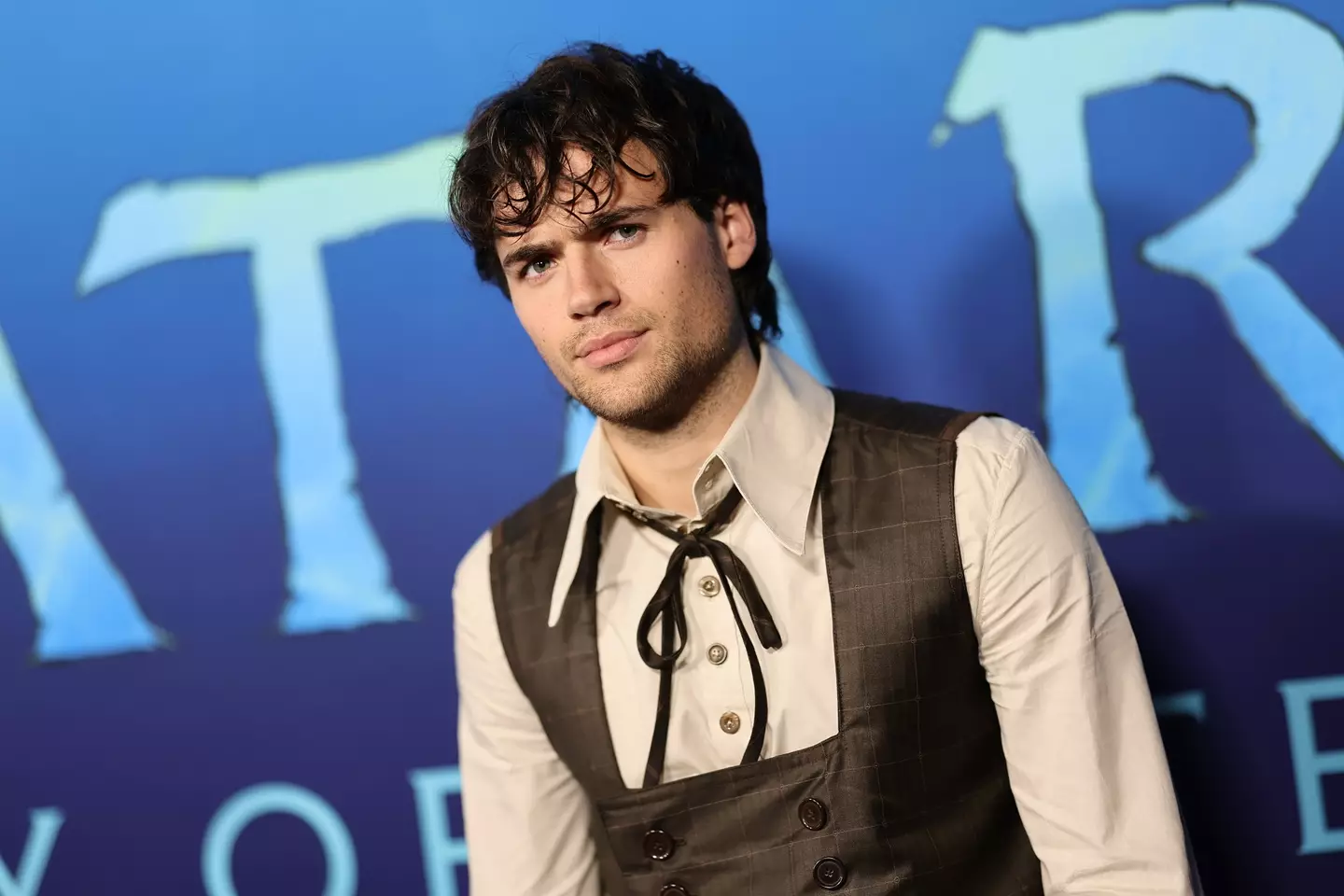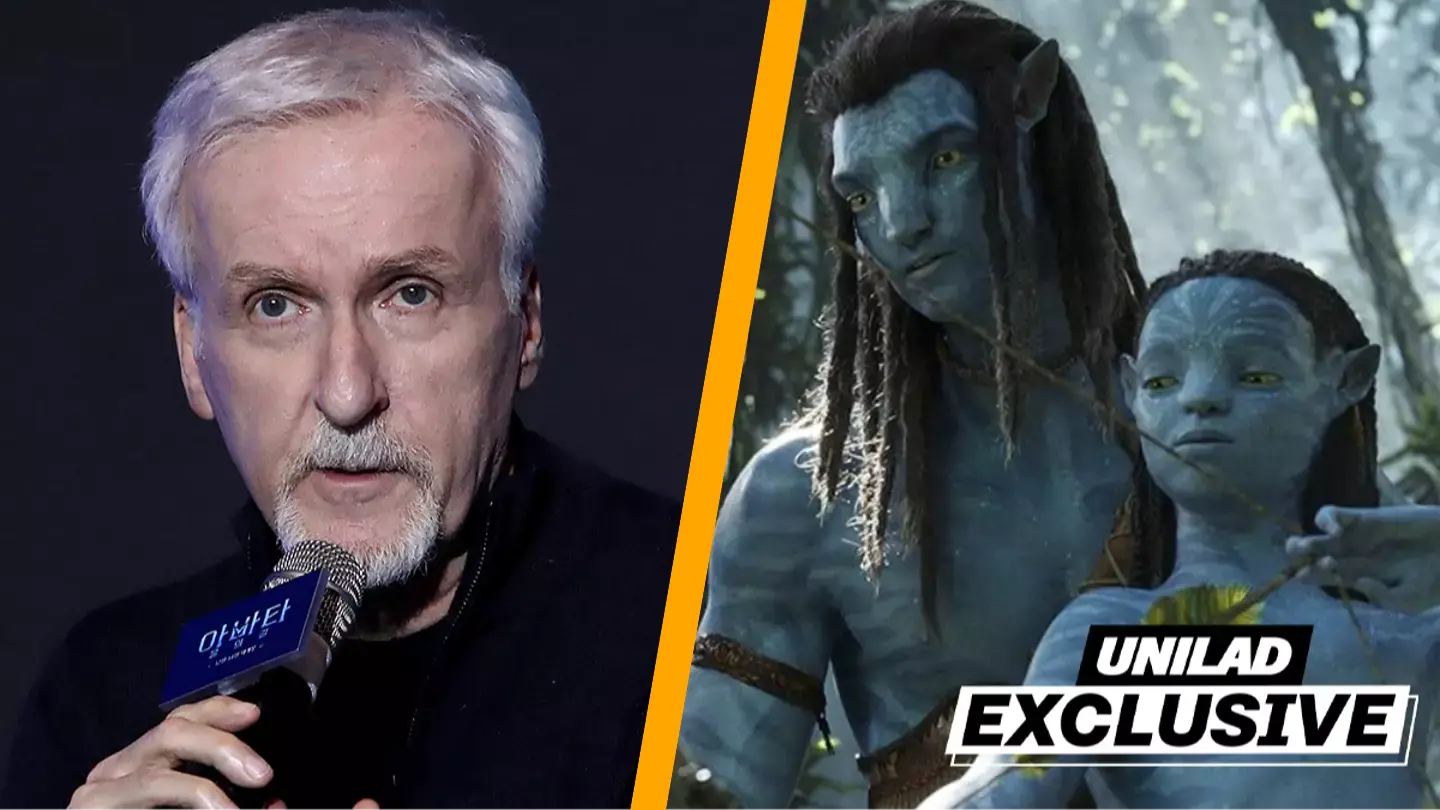The ‘Way of the Water’ star has shared insights into why James Cameron ‘doesn’t just want to make a film’.
Jamie Flatters landed the role of Jake Sully and Neytiri’s son, Neteyam, in the sequel to James Cameron’s sci-fi blockbuster at just 16 years old.
It was not only a ‘unique’ experience to film due to his age, the use of motion capture, 3D cinema camera systems, and underwater scenes but also because the director is driven by more than just making ‘a film’.
Despite being offered such a significant role in a massive franchise at a young age, Flatters always knew he would ‘always take it’.
“Because it’s a dream to do this job,” he tells UNILAD.
However, he recalls ‘not picking up the phone the first couple of times they rang’.
“Just to talk to myself and sort of say, either way…” he continues.
“[…] There’s definitely a sense of with or without it, I’ll still have what I always have loved, which is, the artistry of it – as wanky as that sounds.”
Ultimately, he got the role and approaching the sequel to the groundbreaking ‘Avatar’ left him ‘very excited’.
“The first film meant that you knew what it was, and you knew how much of an impact it made, and you knew all the talent of the group behind it,” he explains.
Flatters acknowledges the ‘immense amount of pressure’ but mentions he ‘personally respond[s] quite well to fear’.

The actor, who starred in ‘Way of the Water’, has a profound way with words, reflecting: “Fear’s my biggest motivator in that sense, and everything I thought that I was going to mess up and everything I was worried about actually had a sort of very positive influence.
“And it was the first time I ever sort of grounded myself mentally and bizarrely that’s through the discipline of work, which sounds horrible and sort of like militant, but because it was within the artistic framing there’s a lot of beauty too which is nice.”
With the legendary Cameron directing, Flatters’ experience on one of the most highly anticipated films became even more ‘unique’.

Flatters explains: “He [Cameron] doesn’t just want to make a film, he wants to progress the idea of the cinematic format. So he’s a very important creative to have and it’s a very unique experience.”
The actor points out that Cameron’s work is incomparable due to its specificity and uniqueness, making it unlike any other film set.
Reflecting on his time working with Cameron, Flatters mentions how it was ‘easy to be able to actually have to take a detour away from sort of conscientious attributes’ and ‘trust in the chaos of the moment which you can’t have control over’.
To complement that, Cameron gave actors ‘breathing room’, allowing Flatters to feel very ‘respected’ in exploring his character, the journey, and the film as a whole.
“And to feel an odd sense of artistic respect on such a scale and such a movie was pretty cool and a blessing.”
Flatters humorously comments that the film shaped him through ‘a CGI eight pack and bigger biceps than [he’ll] never have’ but concludes: “I mean, it was the first time I probably ventured away from London and saw the world as what it is.
“With the plethora of experience it gave, it actually made everything bizarrely seem accessible, and that sort of paradox of interaction formulates the brain in a very unique way. I grew up really fast over that period and it’s all lovely.”

